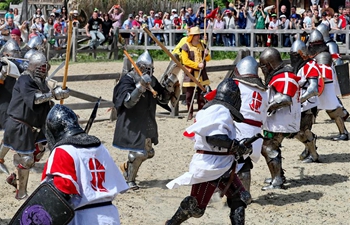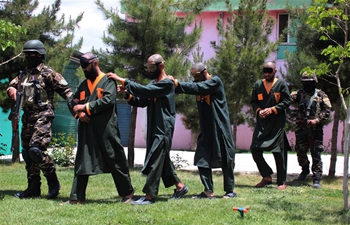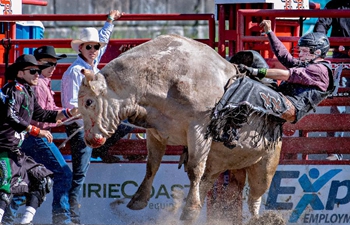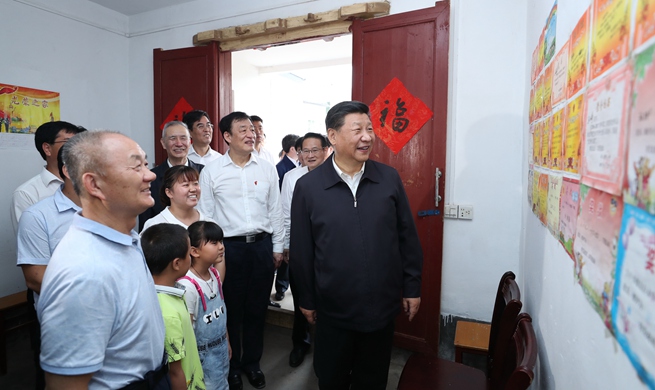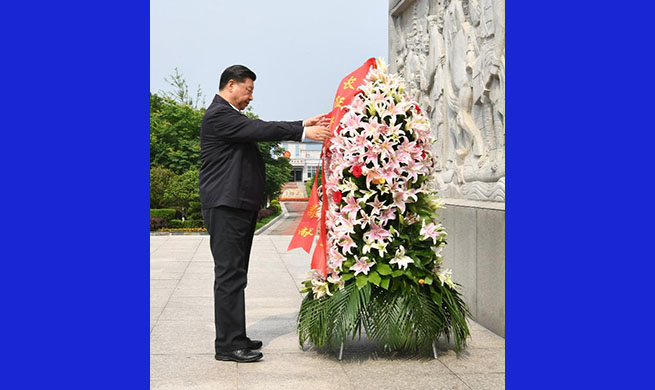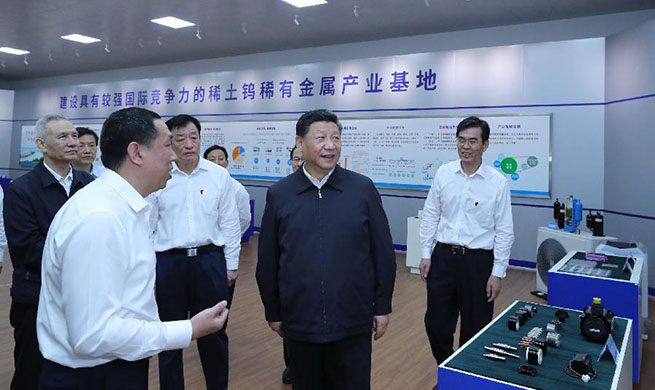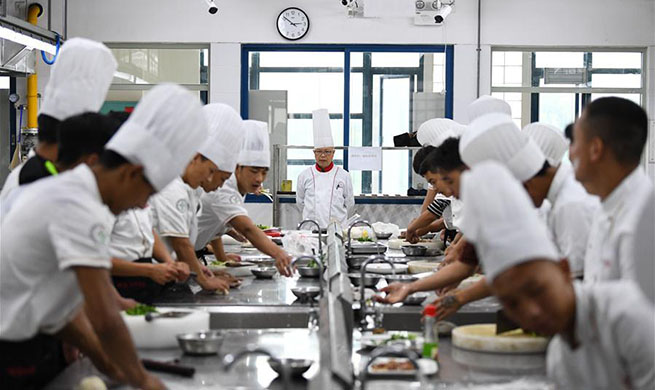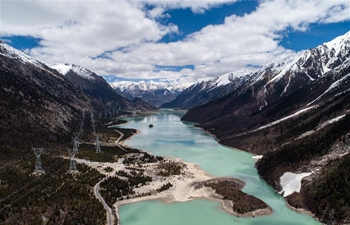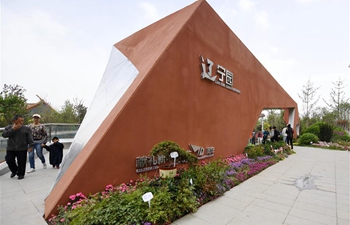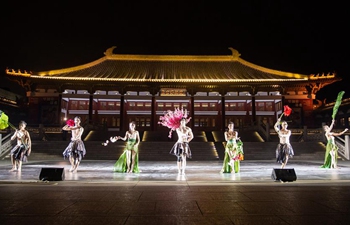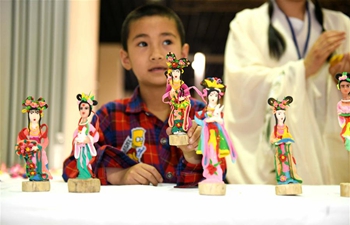BEIJING, May 21 (Xinhua) -- Building an Olympic venue looks simple enough for a country, but how to further its value after the Games may become a real teaser.
Meng Yuan, Marketing Director of a subsidiary of Bloomage International, which owns the Wukesong Basketball Arena, gave some clues as to the success of the Beijing 2008 venue.
After 2008, the stadium took the advantage of its Olympic identity to become a venue for many sporting and cultural events, including the NBA China Games, CBA league, and CBA All-Star weekend, as well as hosting concerts of Chinese and international artists.
The arena highlighted its brand value through a series of events, said Meng, as it can hold nearly 100 events per year. It will host several games at this summer's FIBA Basketball World Cup in China, and will serve as the venue of ice hockey events at the 2022 Beijing Winter Olympic Games.
As a partially private Olympic venue, Wukesong Stadium enjoys a bigger say in management compared with other state-invested venues, and therefore adopts a more flexible approach attracting revenues from naming rights, exclusive partners, box sales and rental costs, among which market development and business sponsorship accounts for nearly half.
The audience experience is also crucial to benchmark a high-quality event or show, so top-notch equipment plays a fundamental role for a sports venue. The stadium boasts a great number of prime hardware facilities, including funnel-shaped display screens, comfortable and spacious boxes, high-illumination lighting and surround sound stereos.
To prepare for the 2022 Beijing Winter Olympics, the stadium will adopt ice-making technology from the Netherlands, which uses the world's most environmentally friendly aluminum and has zero sewage discharge. The venue's special aluminum floor also saves more than 40 percent energy than traditional models.
"We have saved the organizers cost and time. This is our hardware," Meng said. "Then the comprehensive service is our software. We are trying to be more customized to both audiences and organizers. For this reason, many organizers would like to choose us."
Some experts suggested that sports venue operators should not merely rely on events, noting that combining the venue with its intangible assets and surrounding business districts can be the best way forward.
The operators of the stadium are also establishing a multifaceted business cluster as Bloomage International has created a "commercial street" business model, incorporating several sub-areas such as M Space (a multi-functional medium-sized venue), HI-PARK (a basketball theme park), and Hi-up (a center for catering and entertainment).
In addition, construction of a winter sports center to the southeast of the stadium is also well underway, and is expected to be completed by the end of this year. This will serve as a warm-up and training hall for ice hockey players at the 2022 Winter Olympics, and become a venue for ice hockey sports events and training for young people in the future.




